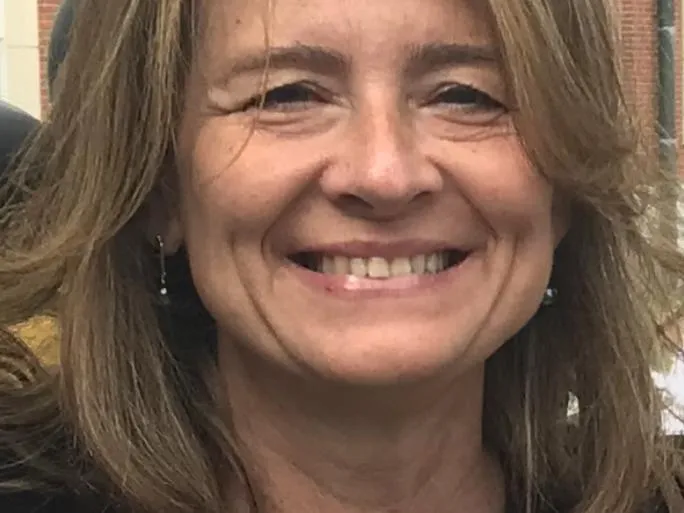
Europe? A Dash Forward Is Needed to Address the Status of Permanent 'Polycrisis'
Being in the key place for strategic discussions, where decision-making reaches fundamental crossroads. This is the appeal of being part of a Cabinet, the smallest group of advisers to Commissioners and the President of the European Commission. And this appeal has left an important mark on Arianna Vannini's career, who is now Chief Economist at the Directorate-General for International Partnerships at the European Commission. "I started in Mario Monti's Cabinet in January of 1995, dealing with competition and economic issues, and I have continued to work in this area during subsequent experiences with Mr Monti and then Commissioner Tajani, President Barroso and Federica Mogherini in the years in which she was High Representative of the European Union for Foreign Affairs and Security Policy," says Vannini. "The last experience was fundamental to combining knowhow in internal policies with the skills in outreach and international relations, an aspect that involves a different complexity, and thus building my current role in international partnerships."
In this position, Vannini is primarily a facilitator of dialogue between internal and external policymakers with the Commission, seeking to highlight the external impact of the Commission's legislative proposals from the earliest stages of the decision-making process. "It is a change of perspective compared to the past, when the external dimension was only taken into account in the final stages. On the one hand, this reflects the geopolitical role that this Commission wanted to take on, while on the other hand it reflects an awareness of the impact that external events have recently had, and will increasingly have in the future, on the European Union's ability to achieve its objectives," comments the former Bank of Italy official. "In fact, this Commission has aimed for a strong geopolitical imprint from the start. This is why the Directorate-General has been renamed International Partnerships, because the objective is to support the economic development of the partner countries by promoting European principles and values and supporting projects of common interest."
In her 28 years in Brussels, Vannini has seen the European integration process grow and the EU overcome very complex challenges, but today's reality demands a new dash forward. "Today we live in a permanent state of 'polycrisis,' or multiple crises, most of which come from agents outside the EU: pandemics, war, energy crises, security threats.
Often there is not a single cause or even a single solution. We have a duty to ask ourselves whether the current European treaties are sufficient to address the challenges we face. And if we were to reform them, expanding them further would also have to be taken into account. We must strengthen the European Union, which is still too small compared to its global competitors, and learn from recent history on expansions and exits, since a Member State – the UK – has left the EU for the first time. It is time to reflect without taboos and bring to the table the objectives that we as the European Union want to achieve in twenty years, reclaiming the founding fathers' far-sighted vision."